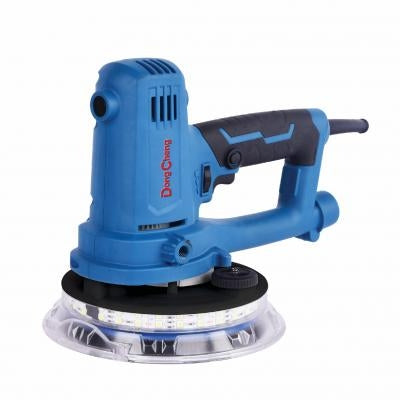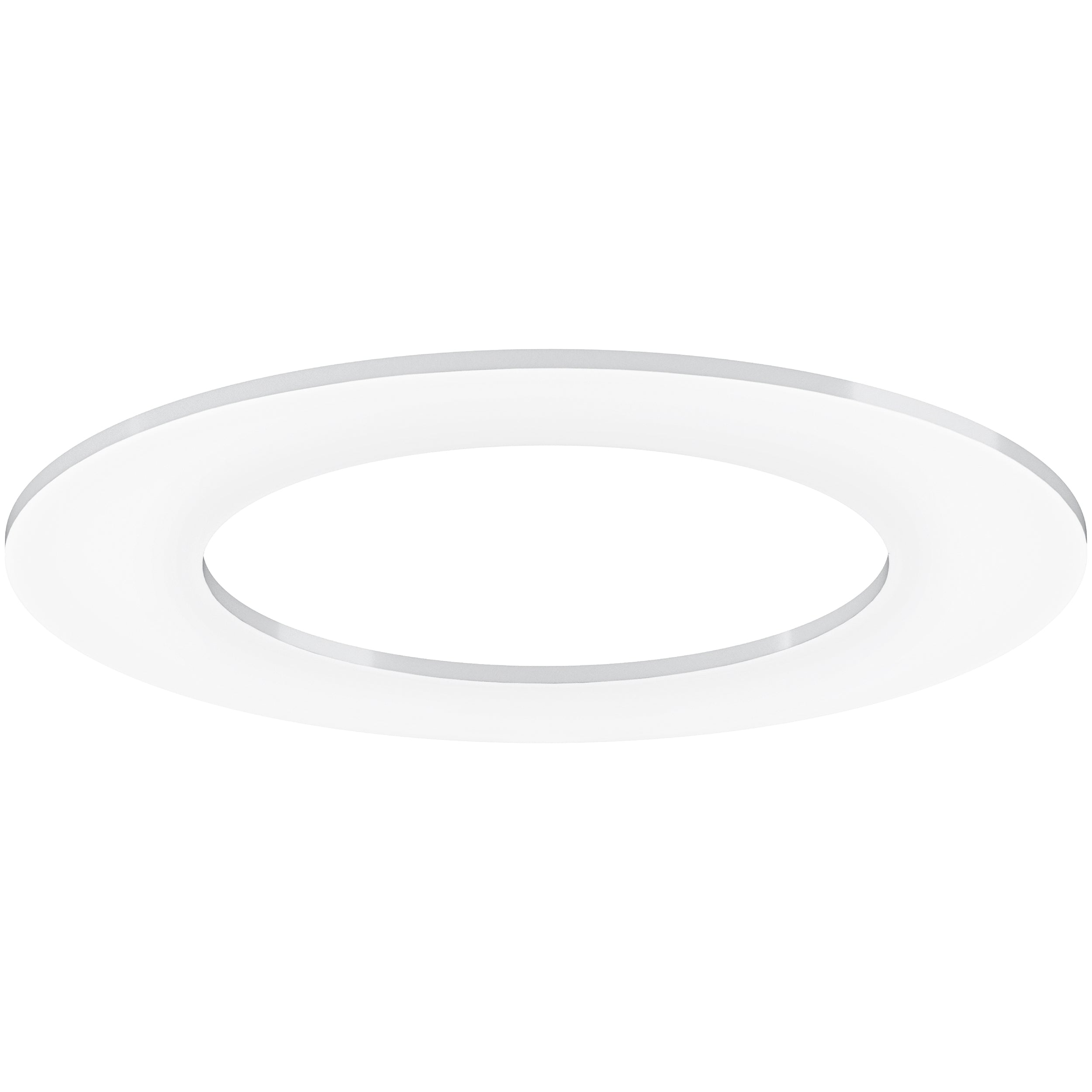
There are many aspects that should be taken into consideration when it comes insulation and drywall prices. You should consider the type of insulation you use, the area and the labor needed. The right materials and the installation process can make all the difference.
If you're planning on doing your own insulation project, be sure to estimate the cost. It is a good idea include any other costs such as supplies and materials, as well the cost of the general contractors. The biggest factor that will determine the cost of your project is labor.
If you want to insulate just one room, then the average material cost is $0.35 per sq. ft. The price for a 2-by-6-wall wall is $0.52. The R-value is increased by adding 5.5 in. of insulation. The R-value for two-by-6 walls is 21.

If you plan on installing more than one room, consider bundling the work. You can cut down on costs by bundling the work, especially if all of your materials are purchased at once. Mass Save rebates or other incentives are available to help you save cash.
The two most affordable ways to finish a ceiling is with insulation or drywall. You can find a wide variety of drywall panels and finishes. A panel typically costs between $15-20, depending on its thickness and size. Some drywall comes with additional features, such as soundproofing and fire resistance.
Homeowners who are worried about mold or lead paint should have their home inspected before any drywall is installed. Mold can cause severe problems and can cost homeowners several thousand dollars in repairs and restoration. It may also contain asbestos if your home is older. This can be costly and could cost thousands.
Blown-in insulation may be more costly as it takes more preparation. Fiberglass, the most common insulation type, can be found in rolls, batts or loose-fill form. Blown-in fiberglass can have an R-value between 3.1 and 4.3 for every inch of thickness.

Loose-fill insulation, a type of white cellulose, can be bought at home improvement stores for less than $100 per day. It's also available in recycled varieties. Generally, the higher the R-value, the better the insulation.
Spray foam is another type of insulating material that can be installed directly into the wall cavity. Spray foam is less expensive upfront but provides a thermal barrier that is almost impermeable. Costs can vary depending upon the type of installation.
You will need to budget for insulation and drywall if you are planning on remodeling. The costs will vary, depending on the materials you choose, the size of the room, and the level of experience you have. However, if your skills are sufficient to tackle a DIY project, you can complete it in less than $500.
FAQ
How do I renovate my house with zero money?
These are the steps to follow when renovating your house without spending a lot of money.
-
Create a budget plan
-
Find out which materials you require
-
Decide where you want to put them
-
Make a list.
-
Figure out how much money you have available
-
Plan your renovation project
-
Start to work on your plans
-
Do your research online
-
Ask friends and family to help
-
Get creative
How many times do I need to change my furnace filter?
The answer will depend on how often your family is going to use your heating system. If you plan to leave your house for long periods of time during cold weather months, you may consider changing your filter more frequently. If you are not likely to leave your house for long periods of time during cold weather months, you might be able make more frequent changes.
A furnace filter typically lasts for three months. This means that you should replace your filters every three months.
You can also check the manufacturer's recommendations for when to change your filter. Some manufacturers recommend that you replace your filter after every heating season. Others suggest waiting until there are visible dirt deposits.
What time does it take to finish a home remodel?
It all depends on how big the project is and how much time you spend each day. The average homeowner works on the project for three to six hour a week.
What is the cost to renovate a house?
The cost to renovate a building depends on its material and complexity. Wood, for example, requires additional tools such as saws and drills. Steel, however is not so dependent. The price of renovations will depend on whether you need your contractor to do everything or if the work is done by you.
The average home improvement project cost is between $1,000 and $10,000. The total cost for a home renovation project would be $5,000 to $25,000 if you hire professionals. You could also spend as much as $100,000 if you do it all yourself.
There are many factors that influence the final cost of renovations. You should consider the material used, such as brick vs concrete. These factors include whether brick is concrete or brick, how large the project is, how many workers are involved, the duration of the project and so on. When estimating the total cost for renovation, it is important to keep these factors in your mind.
You can live in a house while it is being renovated.
Yes, you can live in your house while you renovate it.
Is it possible to live in a house with renovations going on? The answer depends on how long the construction work takes. If the renovation process takes less than 2 months, then your home can be lived in while it's being renovated. You cannot live in your house while the renovation process is ongoing if it lasts more than two years.
It is important that you do not live in your home during major construction. You could also suffer from noise pollution and dust caused by the heavy machinery used on the job site.
This is especially true if your house has multiple stories. The vibrations and sounds that construction workers create can cause damage to your property and contents.
As we mentioned, temporary housing will be necessary while your home is being renovated. This means you won’t have the same amenities as your own home.
When your dryer and washing machine are in repair, for example, you won't have access to them. In addition to the unpleasant smells of chemicals and paint fumes, you will have to endure the noises made by workers.
These factors can cause stress and anxiety in you and your family. To avoid becoming overwhelmed by these situations, it's important to plan ahead.
Do your research before you begin renovating your home. You can avoid costly mistakes later.
A reputable contractor can also be of assistance to you in order to make sure everything runs smoothly.
Statistics
- Design-builders may ask for a down payment of up to 25% or 33% of the job cost, says the NARI. (kiplinger.com)
- It is advisable, however, to have a contingency of 10–20 per cent to allow for the unexpected expenses that can arise when renovating older homes. (realhomes.com)
- A final payment of, say, 5% to 10% will be due when the space is livable and usable (your contract probably will say "substantial completion"). (kiplinger.com)
- Most lenders will lend you up to 75% or 80% of the appraised value of your home, but some will go higher. (kiplinger.com)
- On jumbo loans of more than $636,150, you'll be able to borrow up to 80% of the home's completed value. (kiplinger.com)
External Links
How To
5 Things You MUST Know Before Starting Your Home Renovation
-
Do you really want to do this? - If you're going to start a major home improvement project like renovating your kitchen, bathroom or even building a new house, there's no doubt that you'll need some help along the way. If you aren't confident enough to take on such a daunting task, you may want to reconsider. It can take up your time and cost you money. You won't reap the benefits. Instead, hire someone who has experience in this field to assist you. They'll save you a lot of hassle and stress, and you'll still end up with a beautiful space to live in.
-
How much should I spend? This is a common question, but it can make renovations more expensive. It's because you'll most likely be responsible for paying back the majority of the costs. So if you've got a budget in mind, stick to it! Without it, you may end up paying a lot but not getting anything back.
-
Should I use DIY or hire professionals? - While there is no right or wrong answer, we recommend that you hire professional tradespeople if possible. They can give you sound advice about how to proceed with your project. For example, they'll be able install the plumbing correctly, ensure that everything is done safely, and provide you with a warranty when they finish their work. DIY projects often involve a lot trial and error. You'll learn a lot the hard way. Additionally, you will have to deal all manner of problems that can arise along the way.
-
How much can I afford it? Do not underestimate the costs of a renovation. Even if your budget is tight, you may need to borrow money to cover costs. And if you're planning to sell your current property soon after completing the renovations, you'll definitely need to factor in the price of selling it into your calculations.
-
Which place should I start? There is no right or wrong place to begin when it comes to starting. We recommend that you pick something that you are passionate about. If you enjoy what you do, you will be more motivated to continue working and less likely procrastinate. Avoid places that need a lot of attention. You should avoid redecorating your living room if it is always covered in dirt and dust.